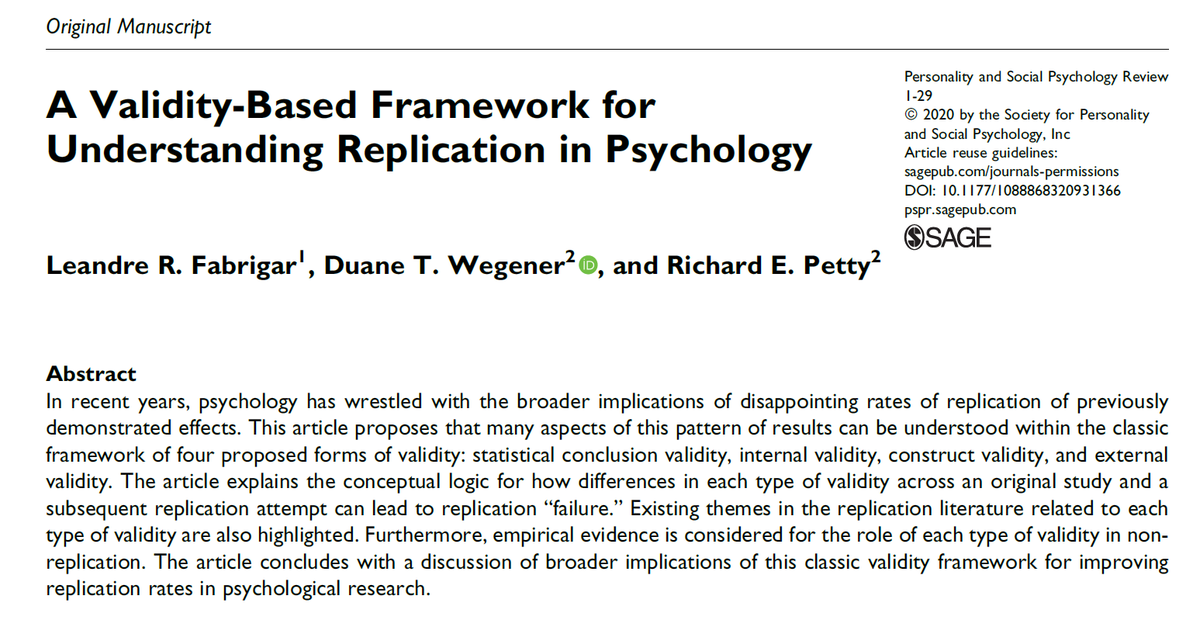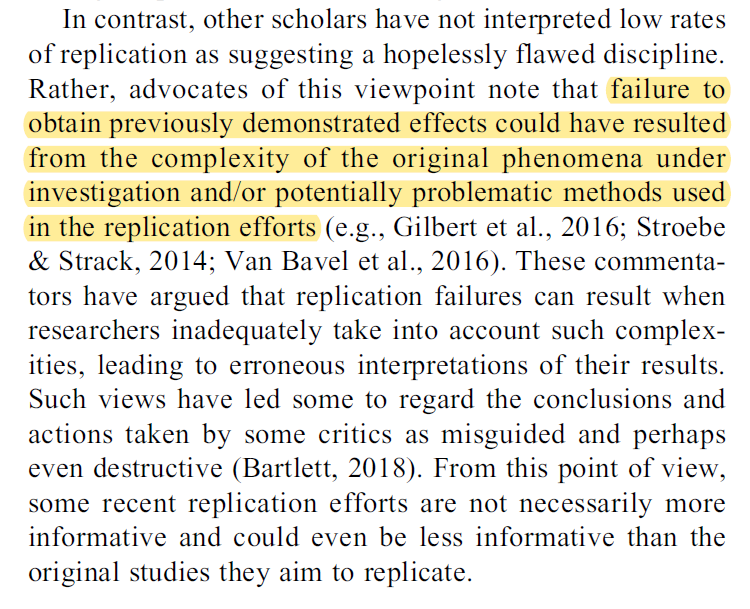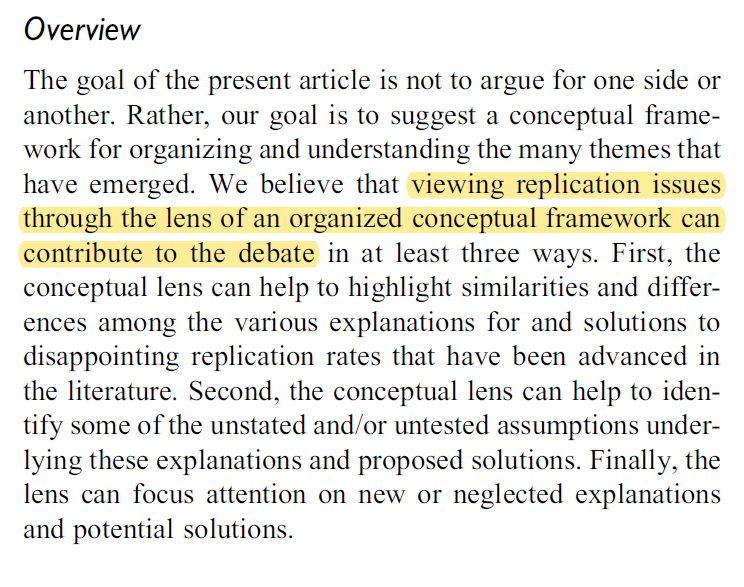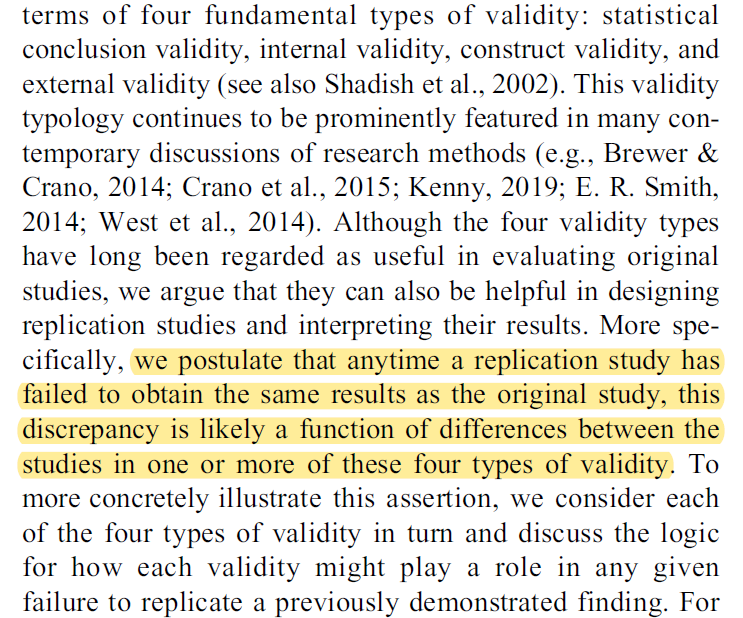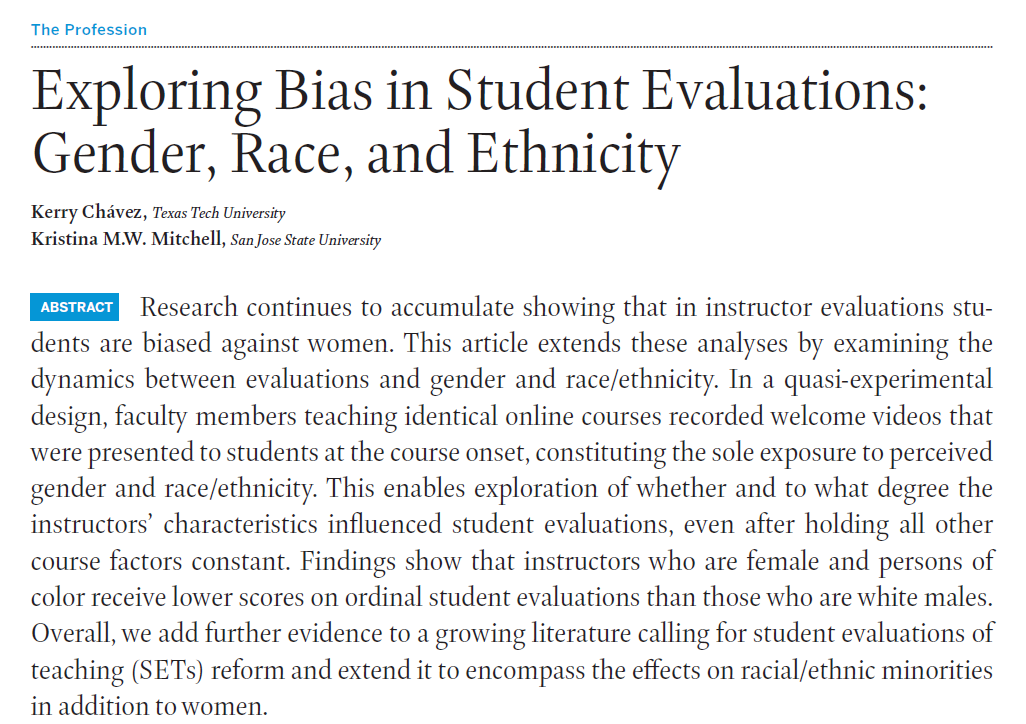
A 🧵of my hottest 🔥 takes of 2021 as indicated by views.
No. 1 – The Academic Publishing System is a Failure where I argue that academic publishing actively inhibits the dissemination of knowledge
nicolebarbaro.substack.com/p/failedjourna…
No. 1 – The Academic Publishing System is a Failure where I argue that academic publishing actively inhibits the dissemination of knowledge
nicolebarbaro.substack.com/p/failedjourna…
No. 2 – Introduction to Psychology with Better Readings where I give you a full reading list of popular books that are way better to read than your dated intro psych textbook
nicolebarbaro.substack.com/p/introbooks
nicolebarbaro.substack.com/p/introbooks
No 3. – Not a hot take, but 10 🔥books that you should absolutely be reading.
bookmarkedreads.substack.com/p/interestingb…
bookmarkedreads.substack.com/p/interestingb…
No. 4 – Five Differences Between Doing Research in Academia and Industry, part of a broader series of articles I have written about #altac research careers (more coming in 2022!)
nicolebarbaro.substack.com/p/differences
nicolebarbaro.substack.com/p/differences
No 5. – Who’s Right About What’s Wrong with Higher Education? Where the answer is “everyone” + a full reading list of politically diverse #highered reads.
nicolebarbaro.substack.com/p/hediversity
nicolebarbaro.substack.com/p/hediversity
Subscribe to Periodic Ponderings to never miss my 🔥 higher ed and social science takes when I have them: nicolebarbaro.substack.com/subscribe
And subscribed to Bookmarked📚 to never miss a great read: bookmarkedreads.substack.com/subscribe
• • •
Missing some Tweet in this thread? You can try to
force a refresh







